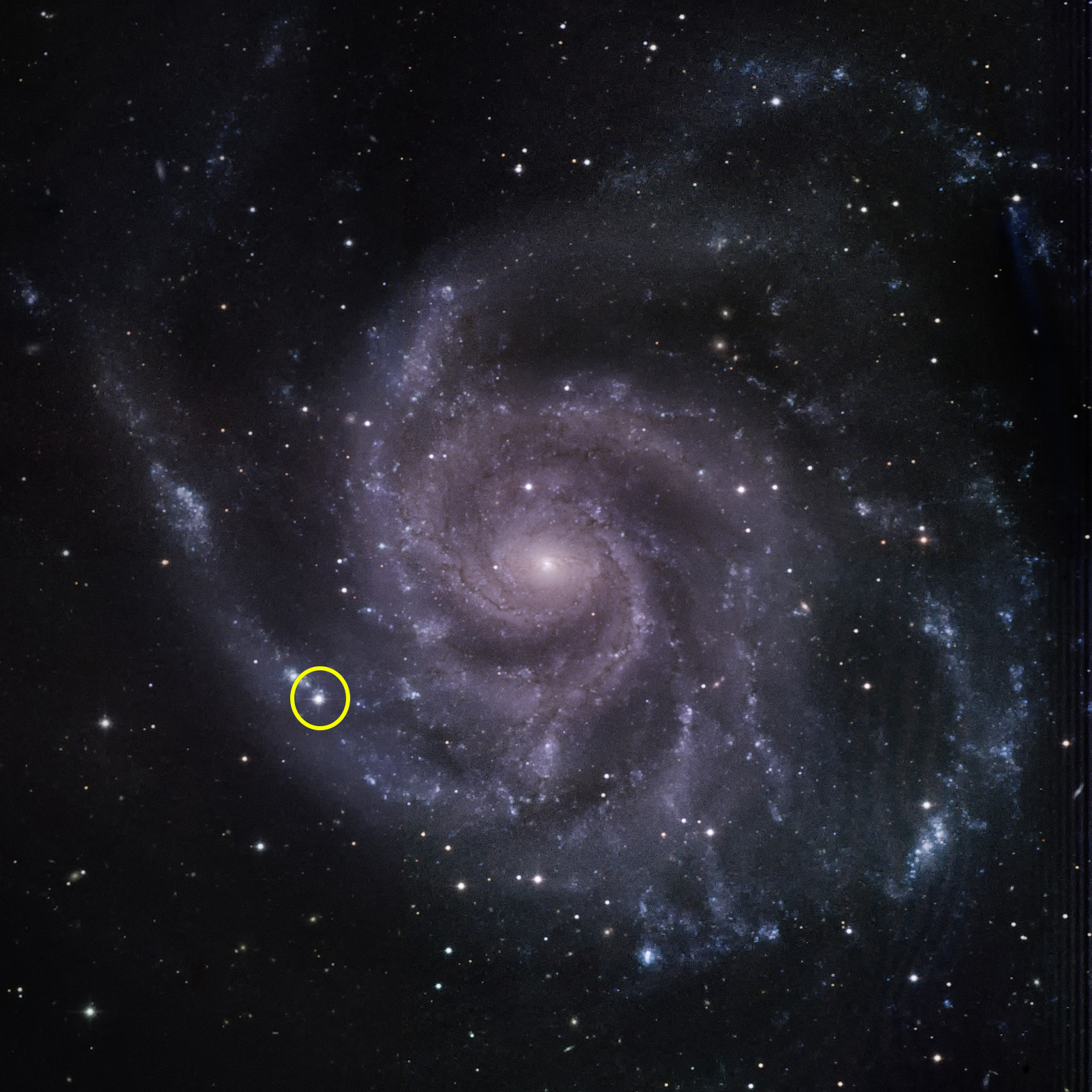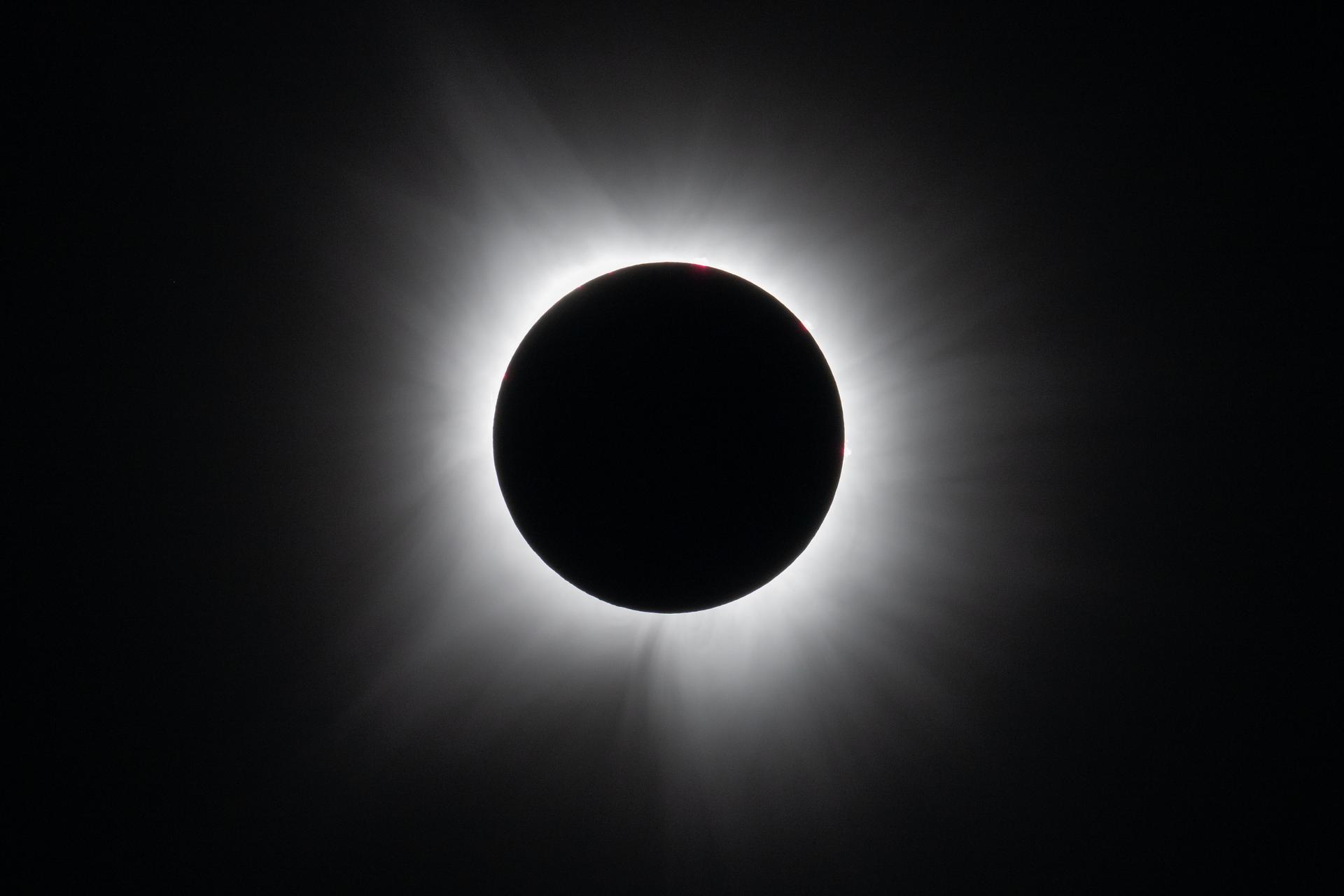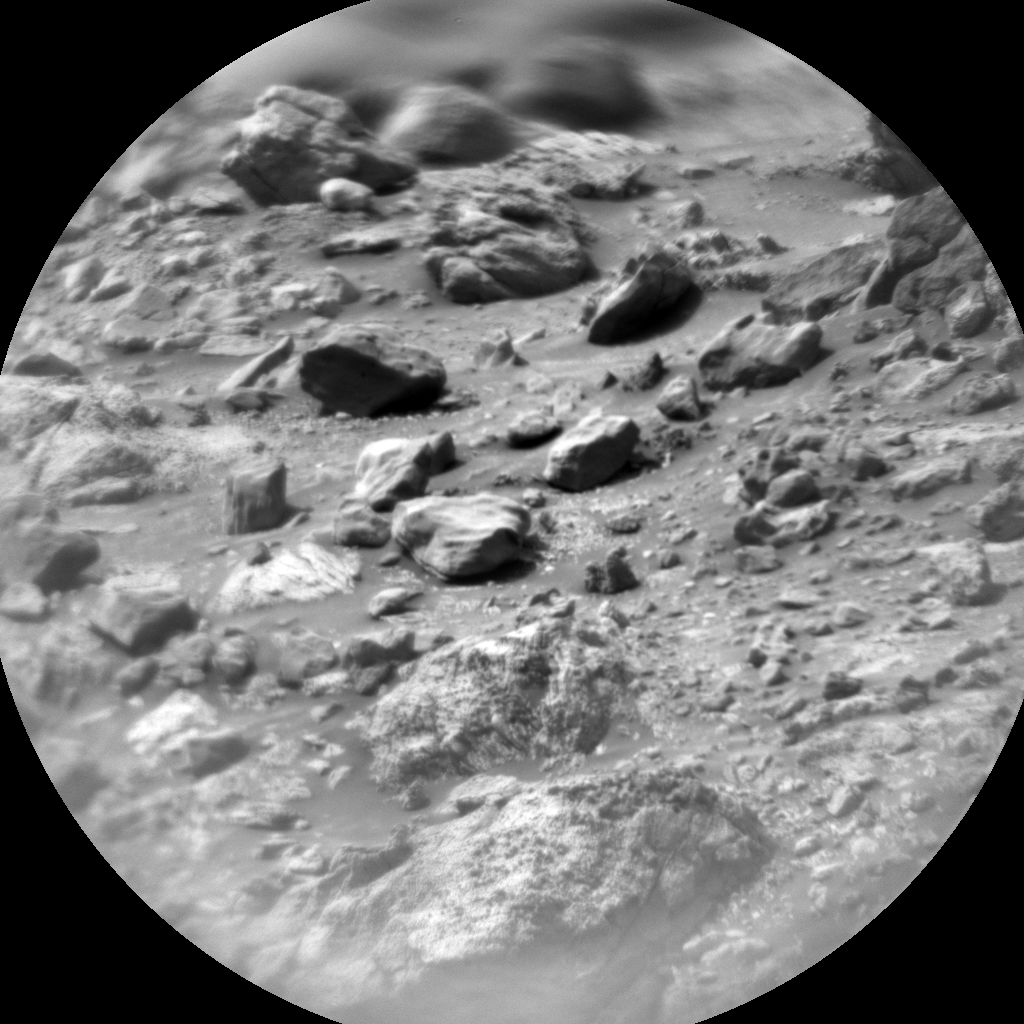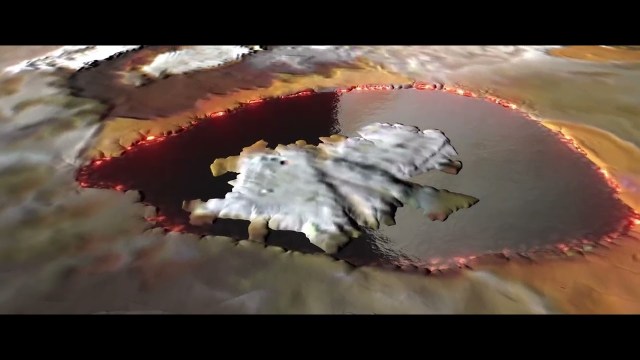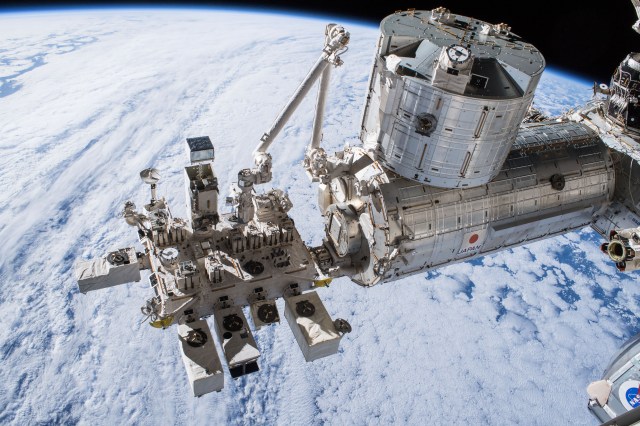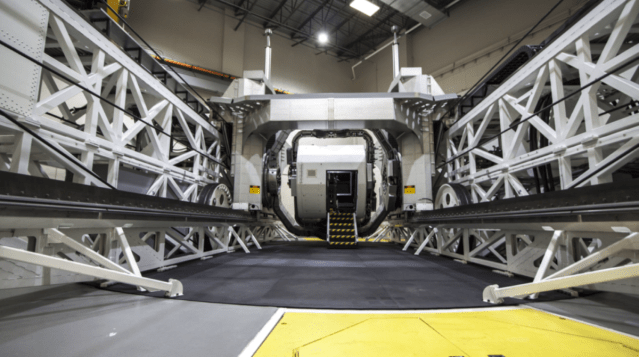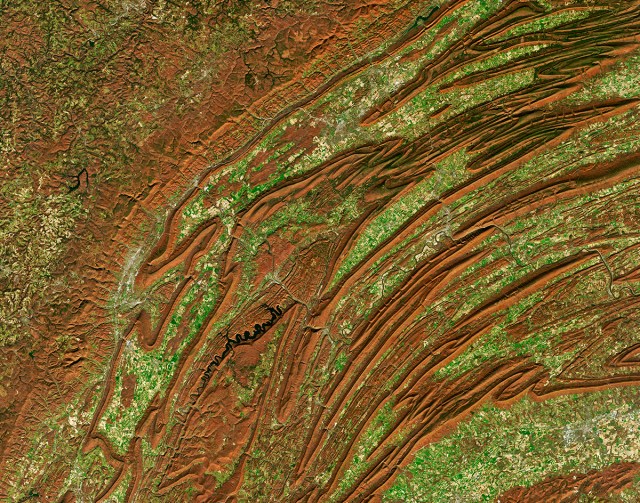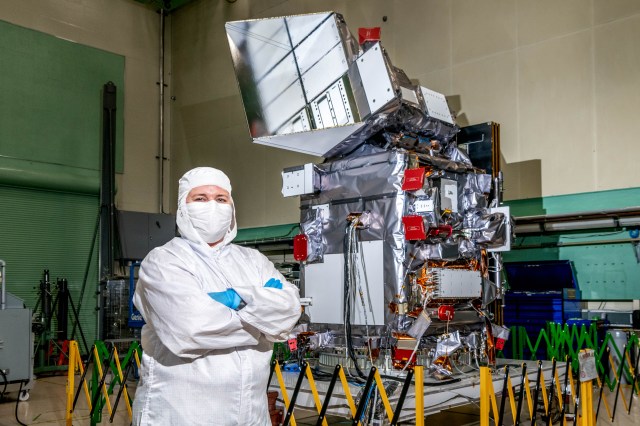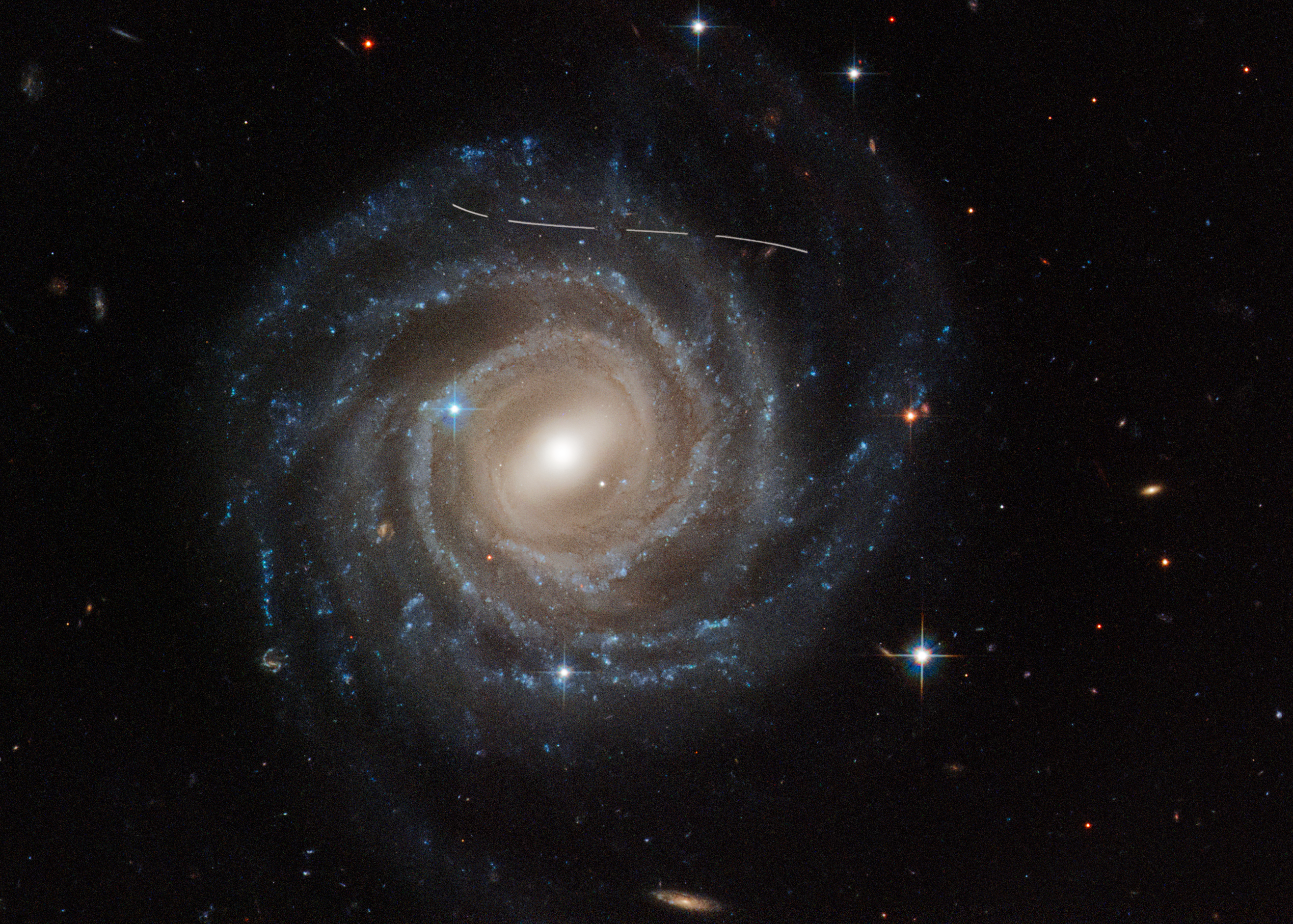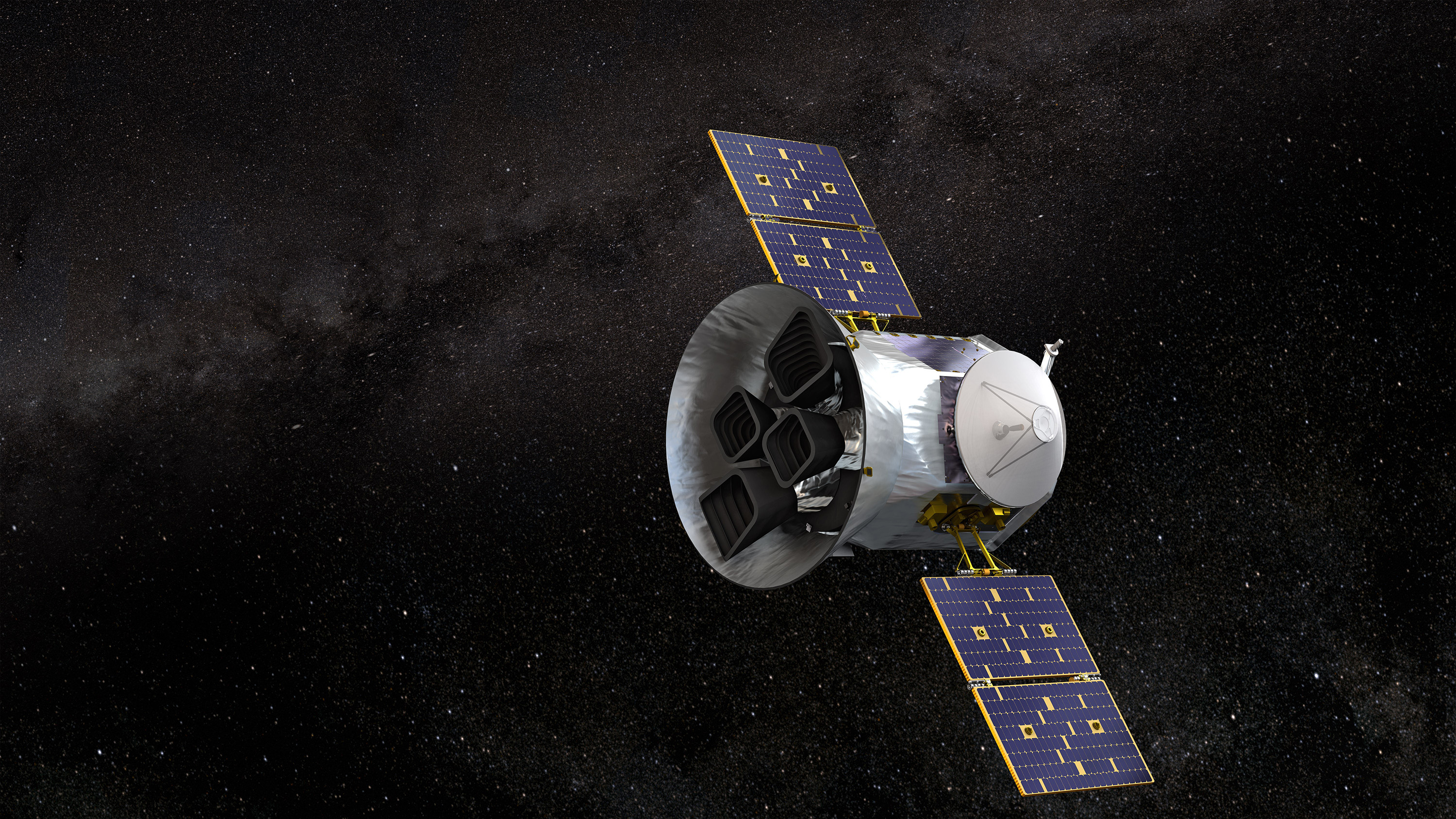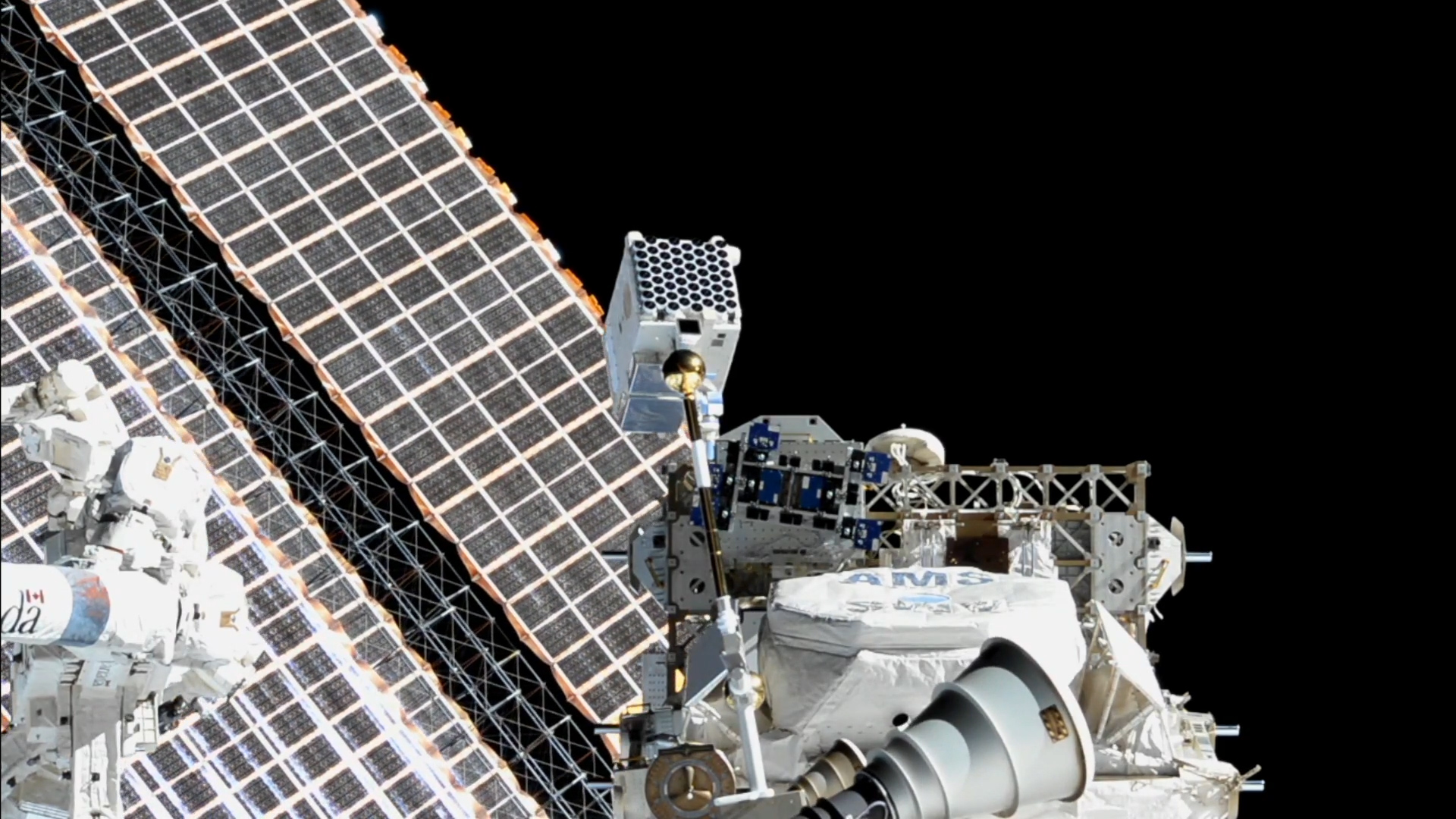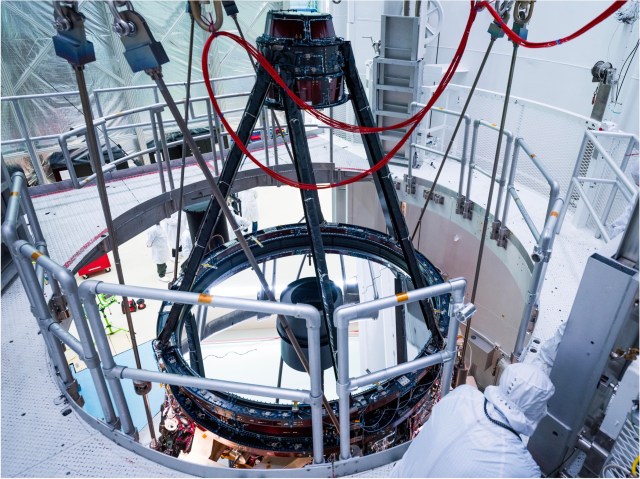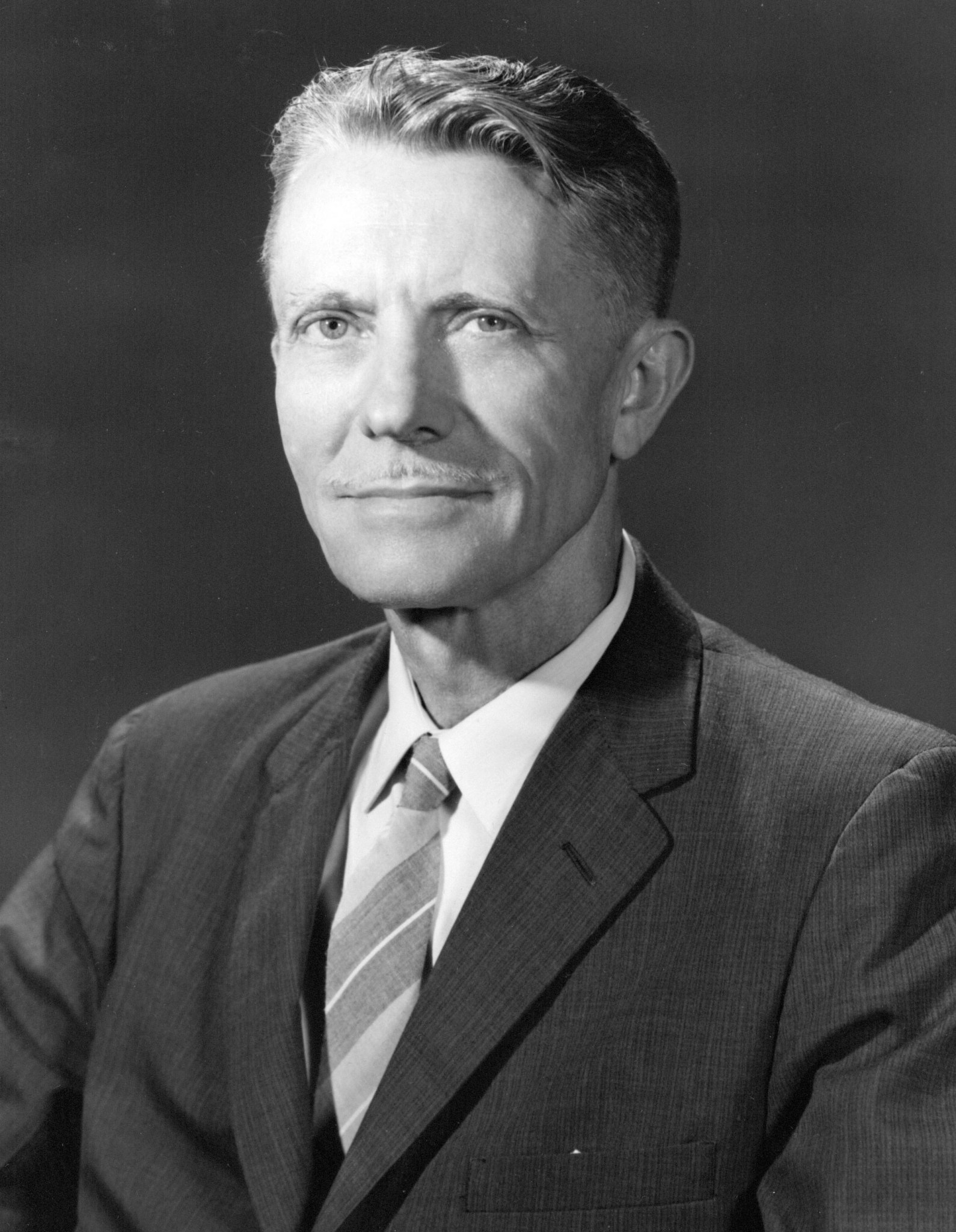
Dr. Floyd L. Thompson
Dr. Floyd L. Thompson (1898–1976) was the third Director of NASA Langley Research Center, serving in that capacity from 1960 to 1968. He was an outstanding Center leader during the challenging beginning of the crewed space flight era. He guided research leading to programs of international importance, including Project Mercury, the concept of erectable space vehicles which led to the development of Echo, the world’s first passive communications satellite; and the first solid-fueled launch vehicle, Scout, to propel a satellite into orbit.
Thompson was born in Salem, Michigan, graduated from high school in Salem in 1917, and served the following four years in the United States Navy. After his military service, he entered the University of Michigan and was awarded a bachelor of science degree in aeronautical engineering in June 1926.
He began his career at the NACA Langley Memorial Aeronautic Laboratory in 1926. At that time, the Langley had about 150 employees. Thompson specialized in flight instrumentation and operations, and pressure and loads measurements. He conducted extensive research on a variety of configurations, including aircraft, seaplanes, and dirigibles. He conducted performance analyses of the famous Navy airships, Akron and Los Angeles. He was the author or co-author of 20 technical reports. He became chief of the Flight Research Division in 1940, then progressed through various assignments to become Langley’s Chief of Research from 1945 to 1952. He was appointed Associate Director in charge of all research in 1952, and in May 1960, became Director of Langley, succeeding Dr. H.J.E. Reid.
Thompson served as the chairman of the Apollo 204 (later Apollo 1) Review Board, a committee of seven members, formed to investigate the tragic accident that occurred in January 1967, claiming the lives of astronauts Virgil I. “Gus” Grissom, Edward H. White II, and Roger B. Chaffee. He left Langley in May 1968 to become special assistant to the Administrator at NASA Headquarters, in Washington, D.C. In November 1968, he retired from active government service, but remained a consultant to the Administrator until January 1973.
He received many honors during his career. In 1949, he was elected a Fellow of the American Institute of Aeronautics and Astronautics (AIAA) and served as AIAA President in 1968. He was cited by the University of Michigan in 1953 as a distinguished alumnus in recognition of his outstanding career in the flight sciences, and was honored by the university again in June 1963 with an honorary degree of doctor of science. The College of William & Mary also awarded him an honorary degree of doctor of science in June 1963.
In May 1963, President John F. Kennedy presented the NASA Outstanding Leadership Medal to Thompson at ceremonies at the White House. He was honored by NASA “for his outstanding leadership of the scientists and engineers who were responsible for the original technical concepts and who comprised the nucleus of the development team for the space flight missions of the United States in Project Mercury.”
He was presented the Distinguished Service Award of the American Legion, Department of Virginia, in July 1963, and was selected by the Virginia State Exchange Clubs to receive the Distinguished Virginian Award for 1963. In 1967, he was presented the National Civil Service League’s Career Service Award for outstanding contributions and excellence in government, and the NASA Medal for Distinguished Service, in recognition of his many years of leadership in aeronautical and space research and development.
In 1974, Thompson received the coveted Guggenheim Medal, awarded “for notable achievement which shall tend to the advancement of aeronautics.” He was an honorary member of the Board of Directors of the Virginia Peninsula Chamber of Commerce, a trustee of the War Memorial Museum of Virginia in Newport News, and an honorary life member of the Engineers’ Club of the Virginia Peninsula.
Dr. Floyd Thompson passed away on July 10, 1976. He was survived by his wife, Jean G. Thompson, and three daughters.

